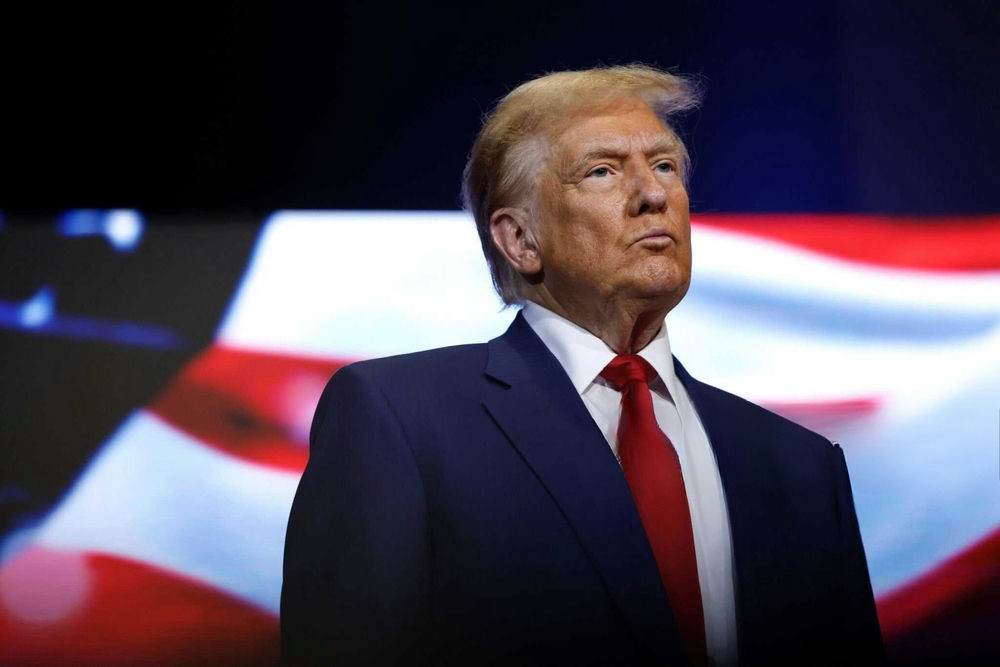The White House’s recent decision to exclude the Wall Street Journal from President Trump’s press pool over contentious reporting on a supposed Epstein letter is sparking fierce debate about press freedom in America.
An Unprecedented Move Against the Press
The White House recently made headlines by ejecting the Wall Street Journal from the press pool accompanying President Trump on his upcoming trip to Scotland. The decision comes on the heels of a WSJ report alleging Trump sent a sexually suggestive birthday message to the late Jeffrey Epstein back in 2003. Trump has vehemently denied the existence of such a letter, labeling the report as “fake and defamatory.”
As a result, WSJ reporter Tarini Parti was removed from the press pool despite not being the author of the controversial story. The White House cited the report as justification for the exclusion. This move has reignited debates about press freedom and the administration’s adversarial relationship with major media outlets. While the White House claims it is diversifying media voices, many see this as a blatant attempt to suppress dissenting journalism.
A History of Confrontation
President Trump’s relationship with the media has been rocky from the start. Throughout his presidency, he has been quick to dub any unfavorable coverage as “fake news.” This latest incident with the WSJ is not without precedent. There have been previous instances where the administration has barred outlets like CNN and The Washington Post from events, citing biased reporting.
🚨 White House kicks the WSJ out of Scotland press pool over their fake Epstein "bombshell"
“Due to the Wall Street Journal’s fake and defamatory conduct, they will not be one of the thirteen outlets on board." pic.twitter.com/kc2pNm5QA4
— TheBlaze (@theblaze) July 21, 2025
The White House Correspondents’ Association, which traditionally manages pool access, was stripped of this authority earlier in the year, centralizing control within the administration. This centralization has allowed the White House to exert more direct influence over which outlets get access, raising concerns about the erosion of press independence.
Legal and Public Backlash
Trump’s response to the WSJ’s report extends beyond exclusion from the press pool. He has filed a libel lawsuit against the publication, seeking at least $20 billion in damages. This move has sparked further debate about the weaponization of libel laws against the press. Media analysts and legal scholars are closely watching the case, concerned about its implications for the First Amendment.
The White House Correspondents’ Association has condemned the decision, highlighting the chilling effect it could have on journalistic freedom. The association’s president, Weijia Jiang, emphasized the importance of an independent media and warned against government retaliation based on editorial content. The exclusion of a major news outlet like the WSJ limits the diversity of reporting on presidential activities and sets a dangerous precedent.
The Road Ahead
The White House’s action against the WSJ is stirring a mix of outrage and concern across the media landscape. Thirteen other outlets will participate in the Scotland trip, leaving the WSJ notably absent. As of now, the legality of the White House’s actions remains under scrutiny, with potential for litigation to challenge the administration’s press access policies.
🚨 JUST IN: The White House has BOOTED the Wall Street Journal from the press pool for Trump’s trip to Scotland this week
FAFO, @WSJ 🤣 pic.twitter.com/Nj7tYRAxia
— Nick Sortor (@nicksortor) July 21, 2025
The broader implications of this incident are vast. It threatens to normalize centralized control over media access, potentially setting a precedent for future administrations. For the public, this means reduced transparency and a narrowing of perspectives in media coverage.

